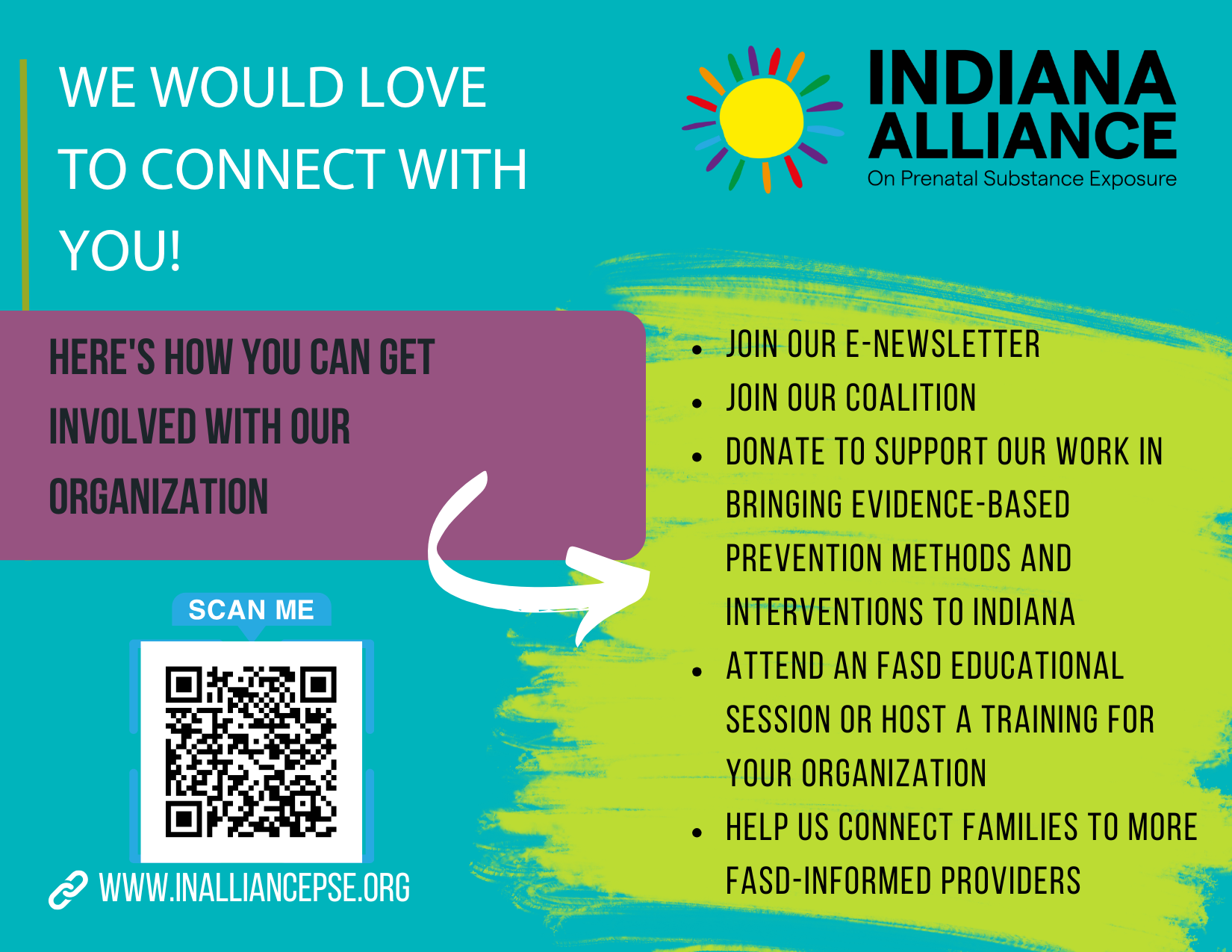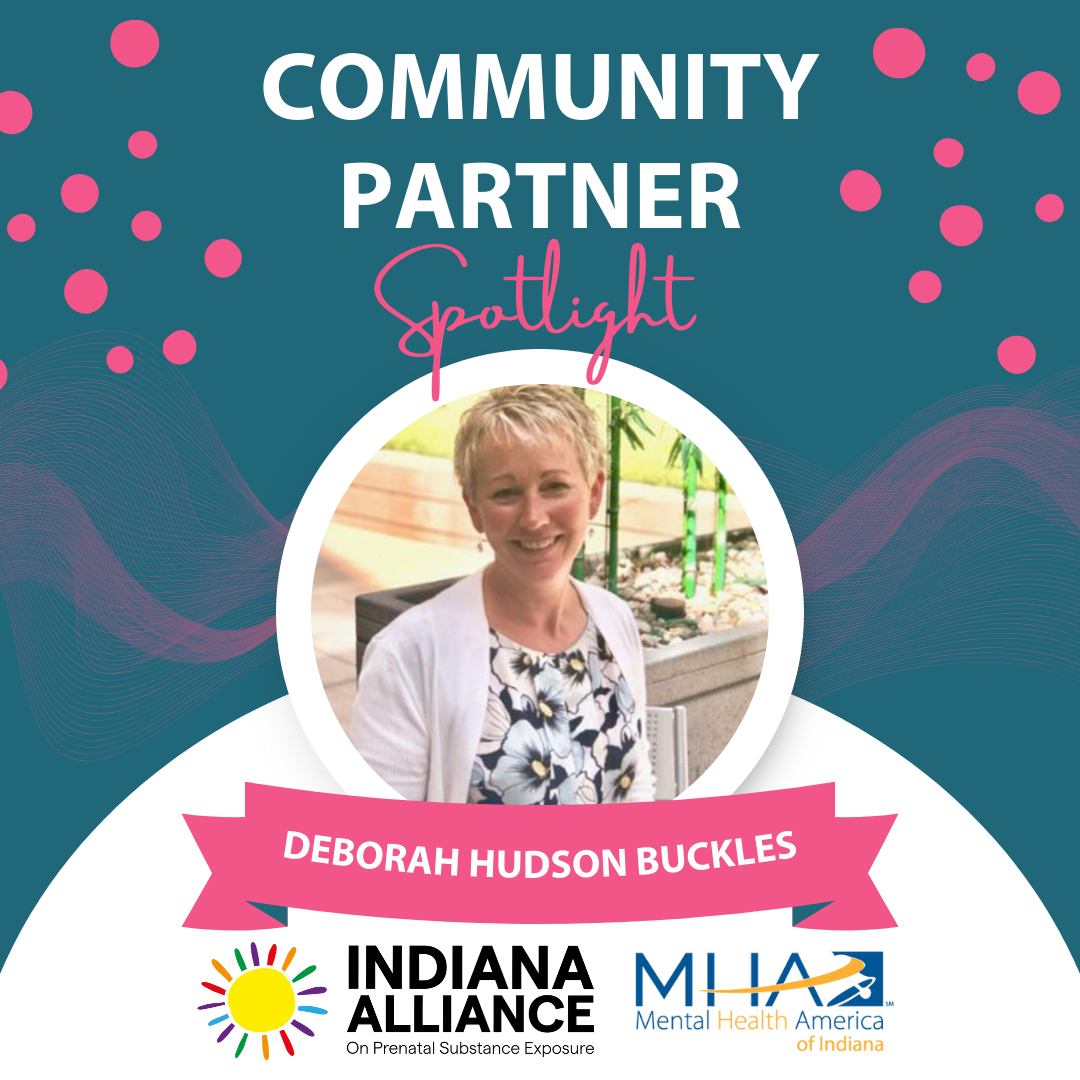Whyte already knew that her daughter, also adopted and the younger of the two children, had the same condition. It was at a conference on FASD and education where Whyte realized that her son likely faced the same issues.
“My boy had just started kindergarten, had already had issues within the first two months of school and had been in a preschool program very successfully,” she tells the Mercury Tribune.
“I went to a conference on FASD and education with my daughter in mind, to learn how I was going to support my daughter. I’m sitting there listening to what they were saying and thinking, ‘this is my son.’ Then we went back and looked at stuff, went through the diagnostic process and sure enough…that’s how we figured it out.”
FASD is an umbrella term for a number of conditions that can occur when a mother-to-be drinks alcohol during the pregnancy.
According to the Public Health Agency of Canada, prenatal alcohol consumption leads to brain damage, which in turn can cause difficulties in learning, memory, social skills, language, reasoning and judgment, controlling behaviour and motor skills.
Those with FASD can also have physical impairments, such as problems with vision, hearing, kidneys, heart and bones.
According to a 2015 article in the Canadian Medical Association Journal, it is estimated that 1 in every 100 Canadians, or more than 330,000 people, are affected with FASD.
Whyte says the challenges of raising a child with FASD start young.
“Parenting a kid with FASD is contrary to pretty much a lot of what you learn about parenting,” she says.
“When you’re thinking you’re going to become a parent, you learn all the parenting techniques and strategies. Typically, a lot of those go out the window when you have a kid with FASD.”
And with symptoms often showing up as behavioural issues, it can lead to problems in school.
“Symptoms of fetal alcohol look like behavioural issues, they look like disobedience and mouthiness and oppositional behaviour, and when you deal with those things in the school system, we give them timeouts or take away privileges. That’s how we handle it,” says Angela Van Arragon, the co-facilitator of the Guelph FASD Family/Caregiver Support Group.
“But kids with FASD, they don’t learn that way, they don’t understand consequences. These things are not effective for that. So understanding new ways to deal with kids that have these kinds of brain injuries, it’s really important.”
Whyte agrees, saying that these outbursts can be interpreted by some as being aggressive, when really what they are is looking for help in the only way they know how.
“Pretty much the most frustrating thing I’ve ever experienced, and it’s a continuing battle,” she says of authority figures, such as teachers, having dealt with her son in a way that did not work with his FASD.
“Pretty much these kids are saying ‘help’ with these behaviours, they’re not saying ‘… you.’ They’re not doing it to make you mad, they’re doing it because they need help.”
Coming forward
The number of people in Guelph who have FASD is hard to judge, Van Arragon says, but it is likely similar to numbers seen elsewhere in Canada.
However the main problem is that many who have it may not know that they have FASD.
“It’s hard to say because it’s generally under diagnosed, mainly because of awareness and stigma,” she says.
“It’s certainly a lot more prevalent than a lot of people imagine, and it can be quite easily misdiagnosed.”
Unfortunately, signs begin to show when the child is young and lashes out. For Whyte, that saw her son express his issues with transitions, such as moving from room to room, by hitting people, yelling or running around.
Van Arragon says something that would help is more support in the educational system, and ensuring that teachers know how to properly handle a child with FASD because the typical methods will not work.
“Often when they’re younger, they blend in and you don’t see problems until later on,” she says.
“I think more (supports) would be good.”
One of those supports, Van Arragon says, is putting the proper structure in place so that the child doesn’t veer off the wrong path. For example, rather than telling the child that they have to finish their lunch before they can go out for recess, focus on one task at a time — first focus on finishing the lunch, then putting the coat on, then going out for recess.
“We do things to keep them safe. We don’t have the expectation that they’re going to eventually learn to stop and look both ways before crossing the street,” she says.
“They might, some might, but they might not. So rather than putting it on them, it’s on us to make sure that they don’t have to remember that.”
Another thing that society needs to address, both women say, is not only prevention, but also not blaming the mother.
“People don’t understand that no one would choose to do this to their baby,” Whyte says.
“If you think about the number of pregnancies that are unplanned, and if you’re drinking socially, you don’t know you’re pregnant until you’re three months in. You’ve already exposed your baby. Nobody chooses to do that.”
“Prevention is an important message — getting it out there that there’s ways to prevent this and, again, we need that awareness,” Van Arragon says.
“No amount of alcohol is safe during pregnancy, because there’s mixed messages out there. Some doctors, some pregnancy books will say small amounts of alcohol are probably OK. We don’t want to go there.”
One thing that worries Van Arragon and her two adopted children, both of which have FASD, is how they will handle the adult world.
“They may look like other people, like typical people, but they don’t behave that way. They can’t be held to the same sort of requirements in terms of the time it takes them to do things or the amount of supervision that’s required,” she says.
“I know that my kids and kids like mine can be successful, but they may need that extra support. And I’m worried that those supports won’t be there for them.”
Whyte feels the same about her children. Her son, she says, will never be able to live independently.
“Long term, what scares me is that there’s no one else but me, and no one who understands him the way that I understand him. That’s pretty scary to think about.”
FASD and the criminal justice system
With problems with reasoning, judgment, understanding consequences and controlling behaviour being part of having FASD for many, with that comes a higher chance of doing something illegal.
According to the Department of Justice, while there is little empirical evidence available on the prevalence or outcomes for those with FASD, evidence does suggest that those with FASD “are at a higher risk of coming into repeated contact with the criminal justice system both as victims and offenders.”
A 2007 study that took a sample of adult male offenders at a federal correctional facility in Manitoba found one in 10 had in FASD, or about 10 times the national average.
Another test, done in 1999, found that 23 per cent of a sample of Saskatchewan youth remanded for psychiatric or psychological assessment had FASD.
While FASD may be seen as an invisible disability, one University of Guelph researcher is looking to change that.
Kaitlyn McLachan, an assistant professor in the school’s clinical psychology program, is currently leading a project looking to find screening techniques that are better at identifying adults that have FASD.
McLachan’s work has taken her to Whitehorse, Yukon, where she hopes to find a way to better assist those in the criminal justice system who have FASD.
“What we’re trying to do is come up with some new approaches that are fast and efficient and cost effective…to be able to potentially screen for people who might have FASD in the criminal justice system,” she says.
“The whole idea behind that is if we can identify the people who may need more comprehensive assessment and diagnostic services, then those people will have those services and hopefully be referred to the services and treatments they need for help.”
Part of the testing being done includes recording the brain’s electrical activity and measuring eye movement — techniques that have been used to help identify FASD in children.
McLachan first started researching FASD while she was doing graduate training in clinical forensic psychology.
“We realized there were a lot of people with FASD who seemed very vulnerable in the criminal justice system, but we didn’t have any data or empirical studies looking at their experiences and needs,” she says.
“It’s probably been around a decade now, and it’s just as important now as it was then.”
Due to a number of factors, those with FASD are over represented in the criminal justice system, McLachan says, adding that if these people are better identified and treated accordingly, then those people can be steered in the right direction.
“They experience, as a result of prenatal alcohol exposure and very high rates of environmental adversity, lots of difficulty in their thinking, the way their brains work, their emotions and their behaviour,” she says.
“We think that they’re often raised in vulnerable environments, and all of those things are risk factors for getting involved in the criminal justice system.
“Then I think sometimes, with all of those difficulties in functioning that are invisible or not picked up on, they are treated with a status quo approach in the criminal justice system that might not necessarily work for their particular needs. So they may get stuck there or end up in a kind of revolving door cycle.”
Out of her research, McLachan says she wants to see not only a greater awareness of FASD in the criminal justice system, but also tools that can help those people get the assistance they need.
“The more we’re able to understand who might be at risk of having the disability and then understand their particular profile, strengths and limitations, the better we’re going to be able to assist and improve outcomes across the board.”
Credit / Sources
This article is Guelph Mercury Tribune, a community newspaper service Guelph, Ontario. It appeared originally a www.guelphmercury.com







